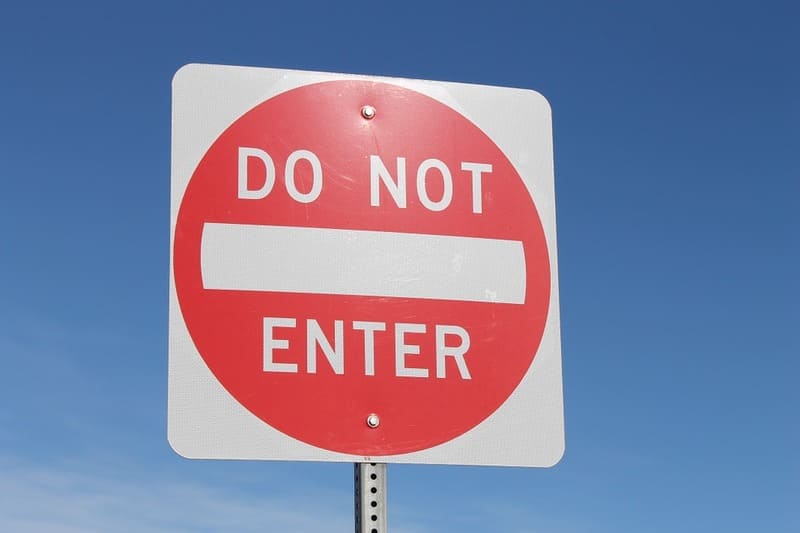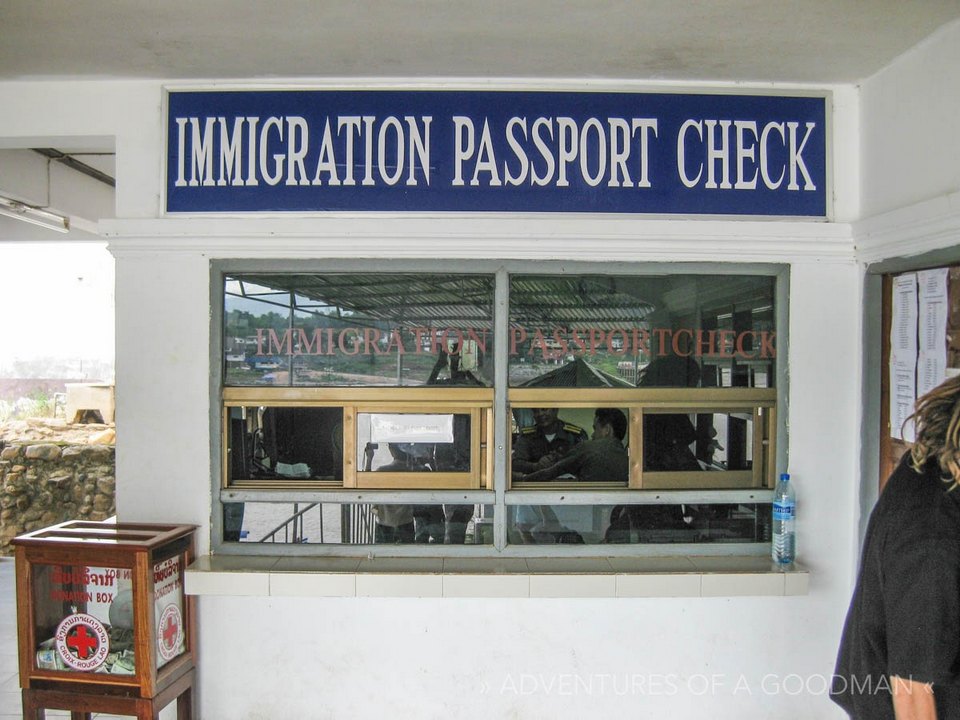
Thai authorities have issued detailed and ongoing instructions, from March to October 2020, about the visa plight of foreigners unwilling or unable to quit the country. There could be 100,000 still here, now mostly enjoying 60 days extensions or volunteer visas at varying prices. But neighboring countries have stated very little since land borders were closed and the pandemic disrupted air travel comprehensively throughout the region.
Cambodia has had the clearest policy. The General Department of Immigration stated this month any foreigner who arrived after January 1 2020, and now has an expired visa, could continue to enjoy amnesty “until further notice” although General Keo Vanthorn added that he expected visitors to leave when they could. However, lingering foreigners could not work on expired visas and must register their details on the Foreigners Present in Cambodia app.
Myanmar has one of the strictest lockdown policies with a nightly curfew (midnight to 4.00 am) and a ban on entertainment venues and public gatherings. Foreigners with expired visas were informed in September that they would not be prosecuted if forced to remain and that announcement does not appear to have been updated. Commercial flights in and out of the country are banned and the only relief-flights are between Yangon and Incheon in South Korea. The latest information is that anyone arriving at Yangon airport to depart will find all the shops closed and the aircon turned off. This is not a fun country.

Laos is one of the few countries in the region to allow restaurants and karaokes to remain open, under strict conditions, and stranded foreigners are not asked to update their visas. However, they must inform their embassy before departure which in turn must inform the Ministry of Foreign Affairs for clearance. Flights from Vientiane are available only spasmodically with Bangkok, Seoul and Kuala Lumpur the permitted destinations. There is no curfew currently in operation.
Vietnam is allowing most visa overstayers to stay at least until December 31 2020, with a new announcement apparently pending. However, they must take some action by completing a temporary residence certificate and health status report. Anyone wishing to leave needs to inform the relevant embassy and will likely have to visit an immigration office in person. Vietnam is the only country in Southeast Asia to have a police unit dedicated to “stopping the organization and brokering of emigration” which is clause 349 of the penal code.
 Malaysia and the Philippines have similar policies with travellers able to leave provided they inform their embassies and contact the appropriate immigration bureau. Mask wearing is compulsory in crowded places and on public transport. Manila immigration is due to update its policy before the end of the year. Both countries warn foreign nationals and their own citizens that if they leave, they might be refused readmittance as entry policies are subject to frequent changes.
Malaysia and the Philippines have similar policies with travellers able to leave provided they inform their embassies and contact the appropriate immigration bureau. Mask wearing is compulsory in crowded places and on public transport. Manila immigration is due to update its policy before the end of the year. Both countries warn foreign nationals and their own citizens that if they leave, they might be refused readmittance as entry policies are subject to frequent changes.
It follows that Thailand has a far more detailed immigration policy dealing with coronavirus than any of its Asean partners. The same is true of foreigner entry rather than exit. Whilst the Bangkok authorities are straining every muscle to encourage tourists and non-tourists to return, with 14 days quarantine on arrival being the major constraint, all other regional countries are still banning tourism across the board and limiting foreigner entry to noticeably narrow groups. You probably don’t want to go to Myanmar for example. If you did, you would need to show the authorities “overwhelming” justification. Pass on that one.





